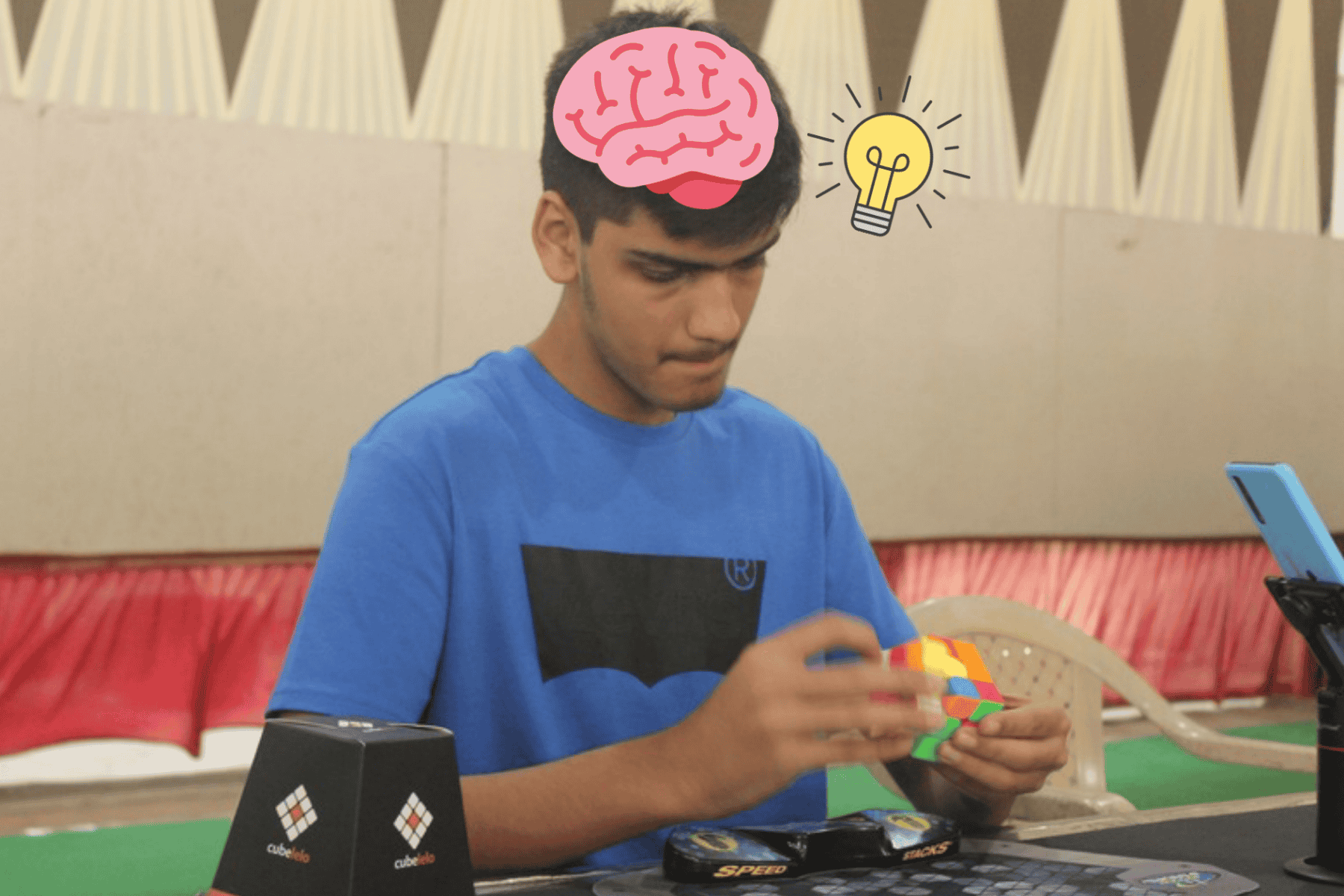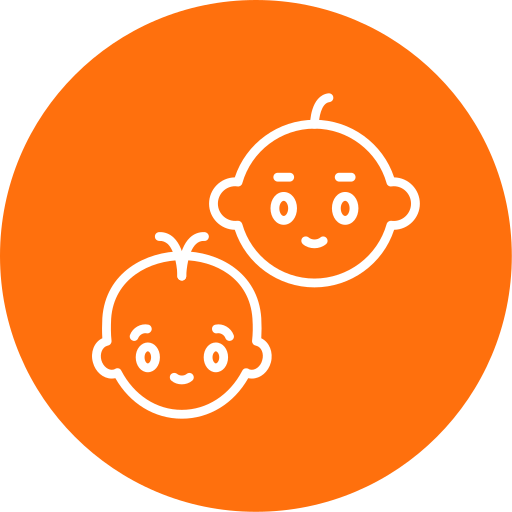The Impact of Speedcubing on Cognitive Development
Introduction
Speedcubing isn’t just a hobby—it’s a mental workout that offers profound cognitive benefits. Beyond solving puzzles for speed, cubing enhances memory, problem-solving, and spatial reasoning, making it an excellent tool for brain development at any age.
How Speedcubing Boosts Cognitive Skills

- Memory Enhancement
Solvers must memorize algorithms and recognize patterns, strengthening both short-term and long-term memory. This skill translates into better recall abilities in everyday learning.
- Improved Problem-Solving & Critical Thinking
Speedcubing requires adaptive thinking—solvers must quickly evaluate situations and adjust strategies, honing their critical thinking and problem-solving skills.
- Enhanced Spatial Reasoning
Studies suggest that solving the Rubik’s Cube develops spatial intelligence, a crucial skill in fields like engineering, architecture, and design.
- Sharper Focus & Hand-Eye Coordination
Fast turning requires precision and dexterity, which improves hand-eye coordination and reaction time—skills beneficial in sports, gaming, and daily activities.
Benefits Across Different Age Groups

For Children --
Teaches perseverance, patience, and logical thinking, laying a strong foundation for academic success.

For Adults --
Acts as a stress-relieving activity while keeping the brain engaged and agile.

For Seniors --
Helps maintain cognitive sharpness and may even delay cognitive decline.
Conclusion
Speedcubing is more than a puzzle—it’s a brain-boosting tool with transformative cognitive effects. Whether you’re looking to enhance memory, improve problem-solving, or simply challenge yourself, the Rubik’s Cube is a simple yet powerful way to sharpen the mind.
